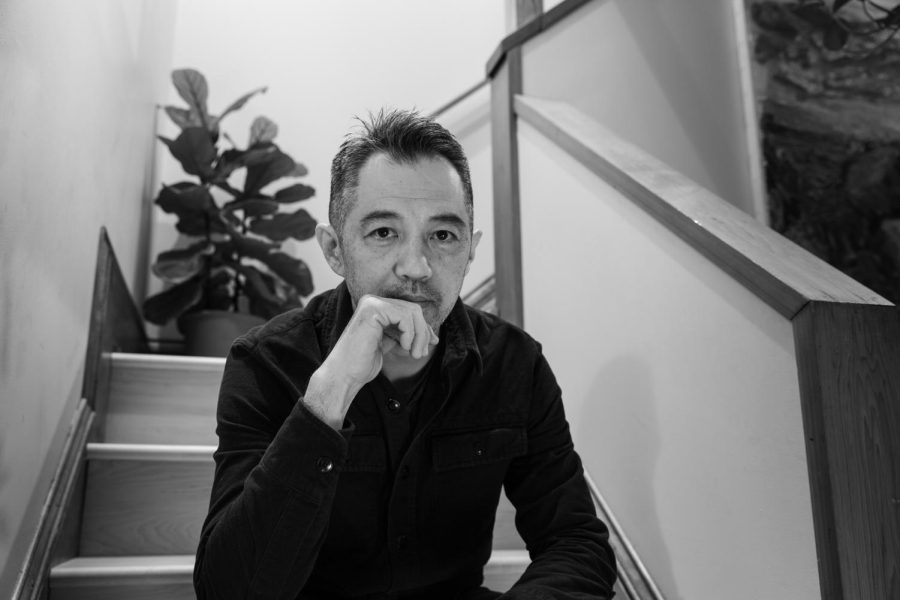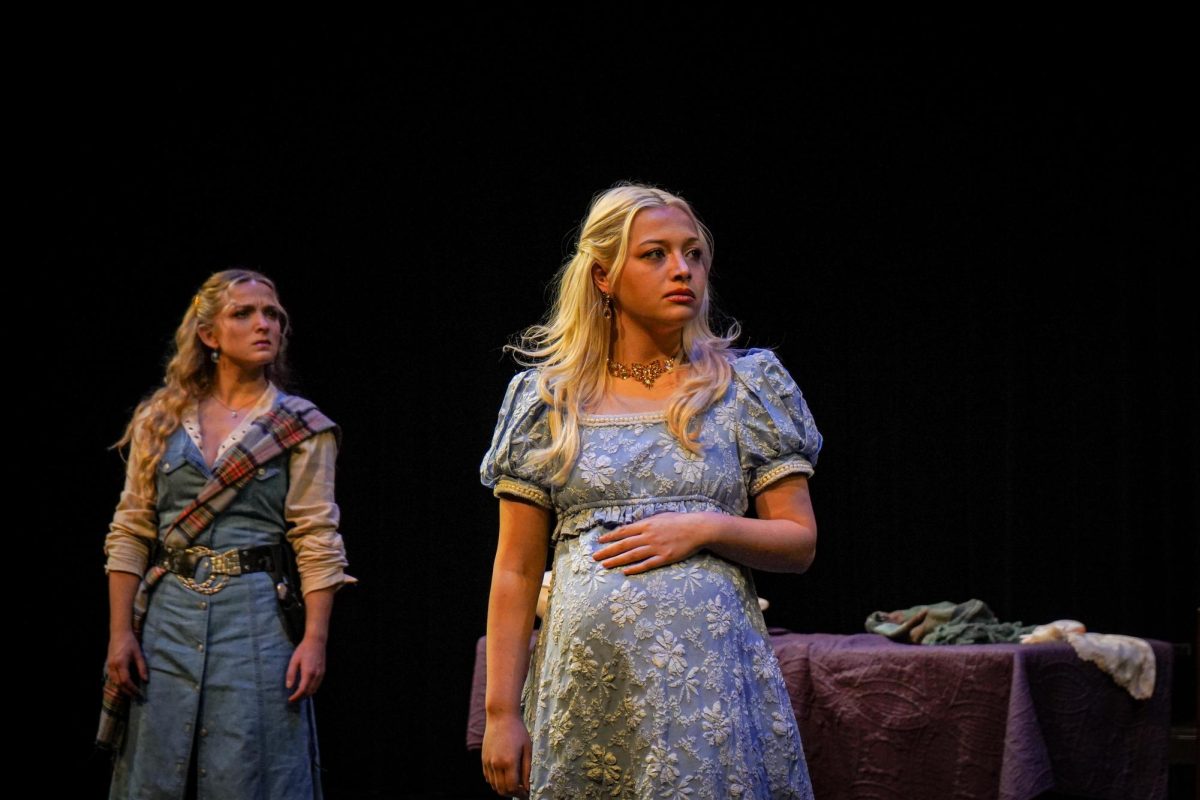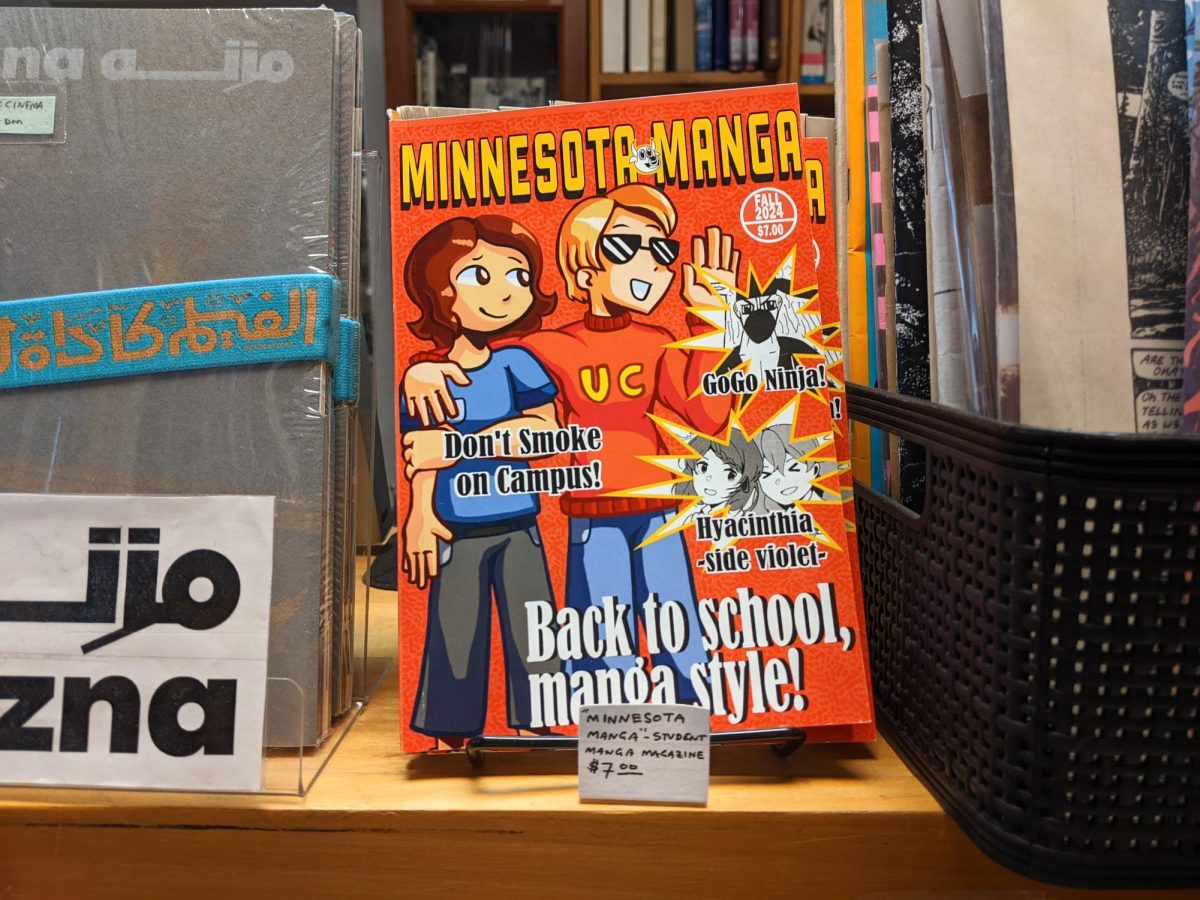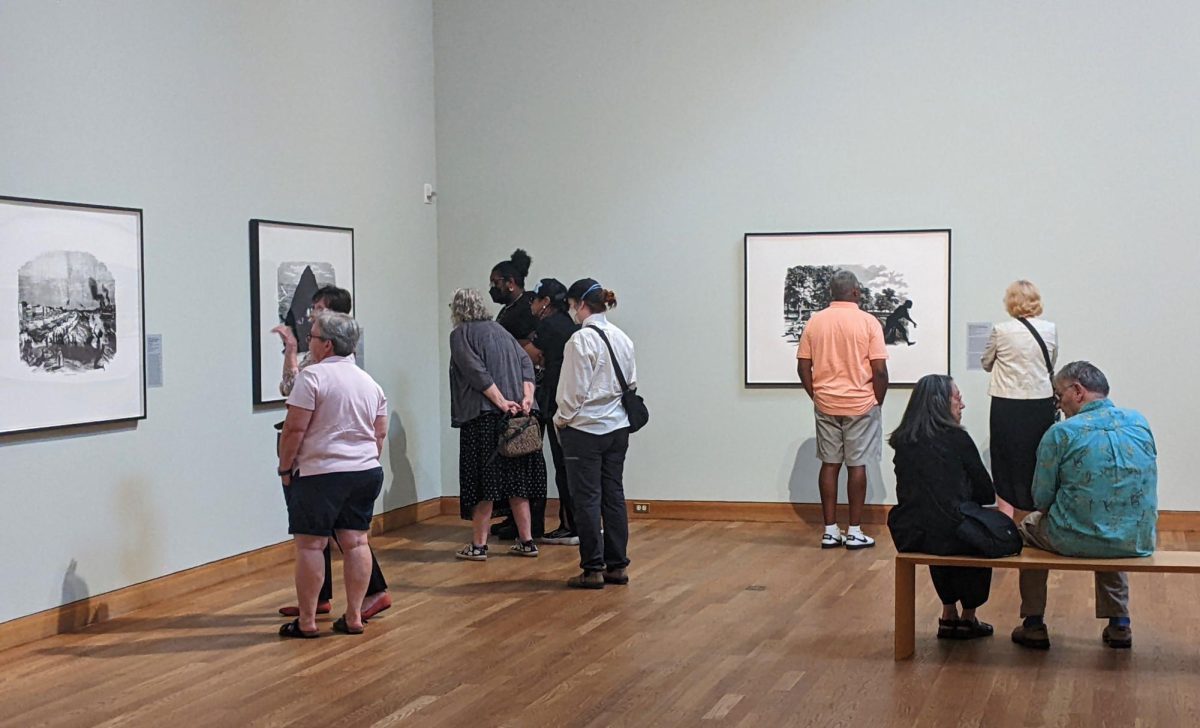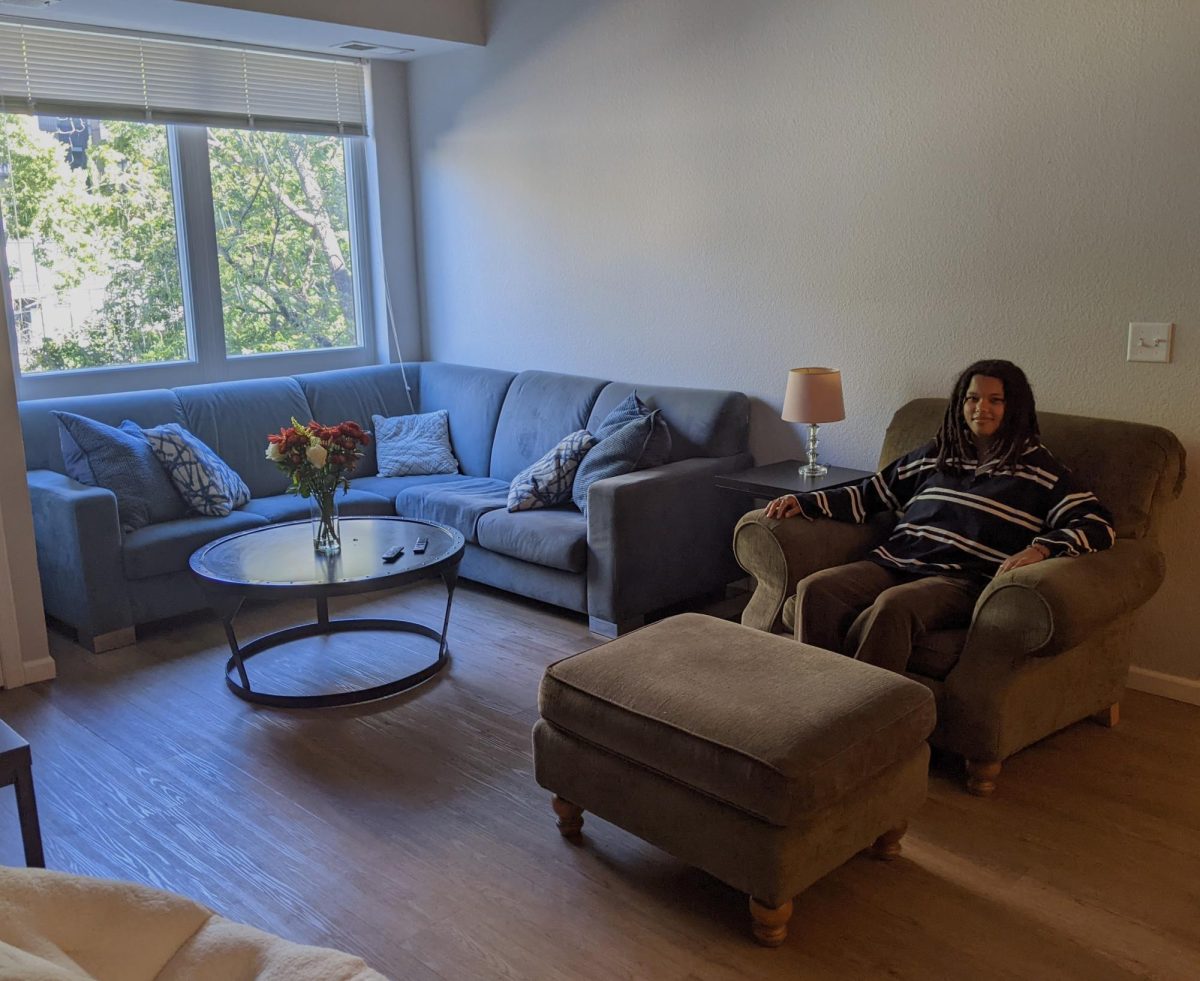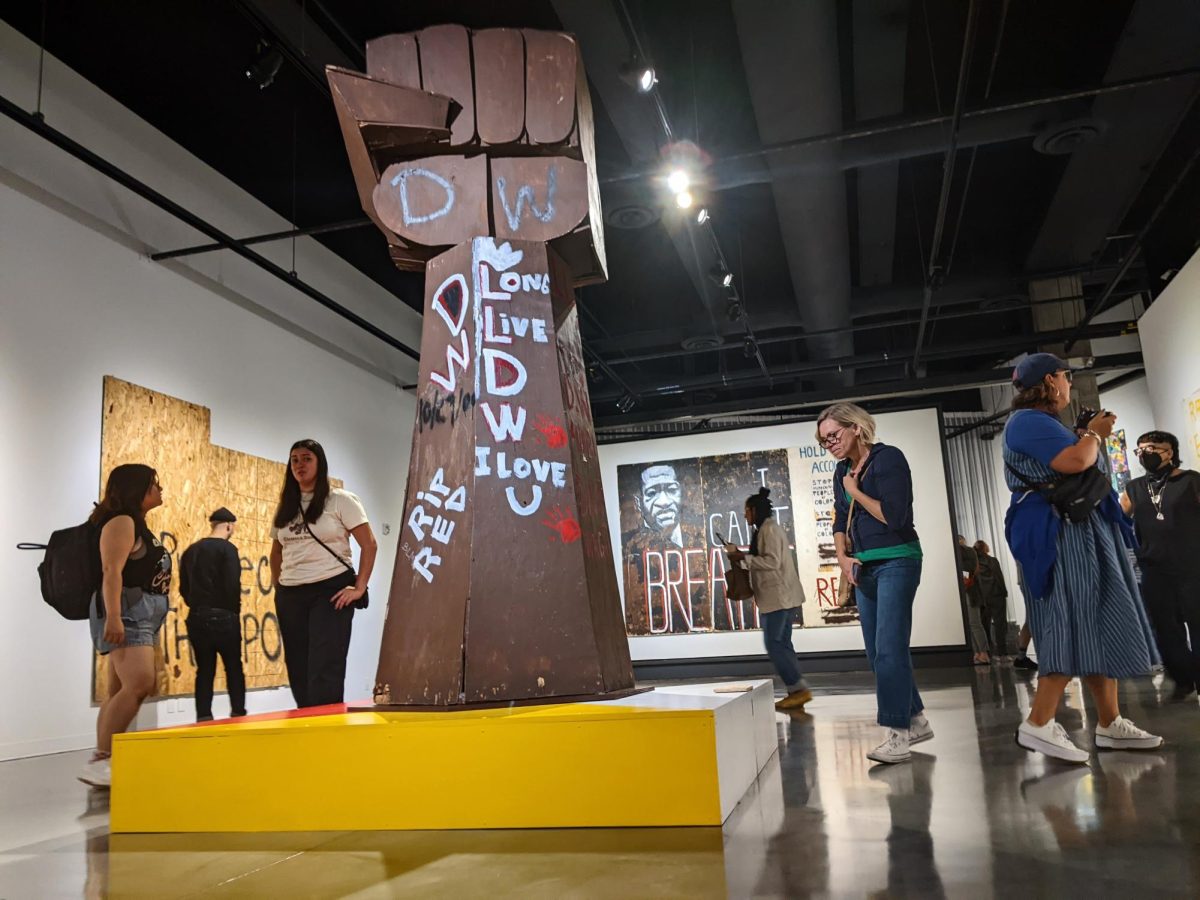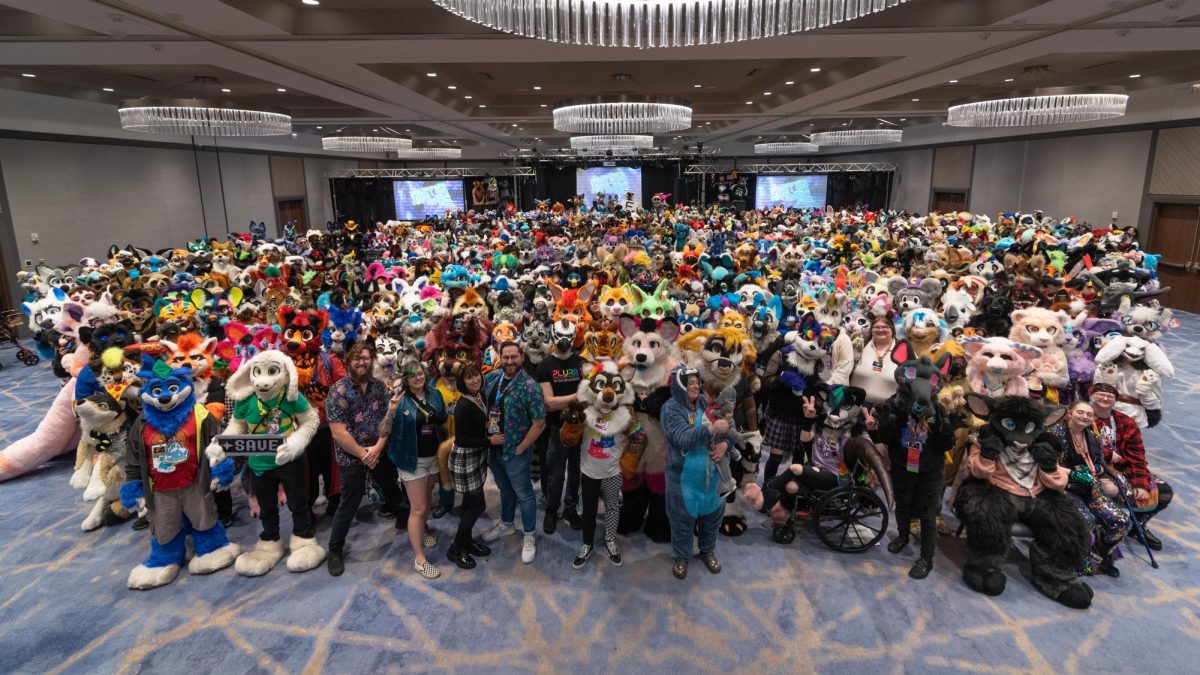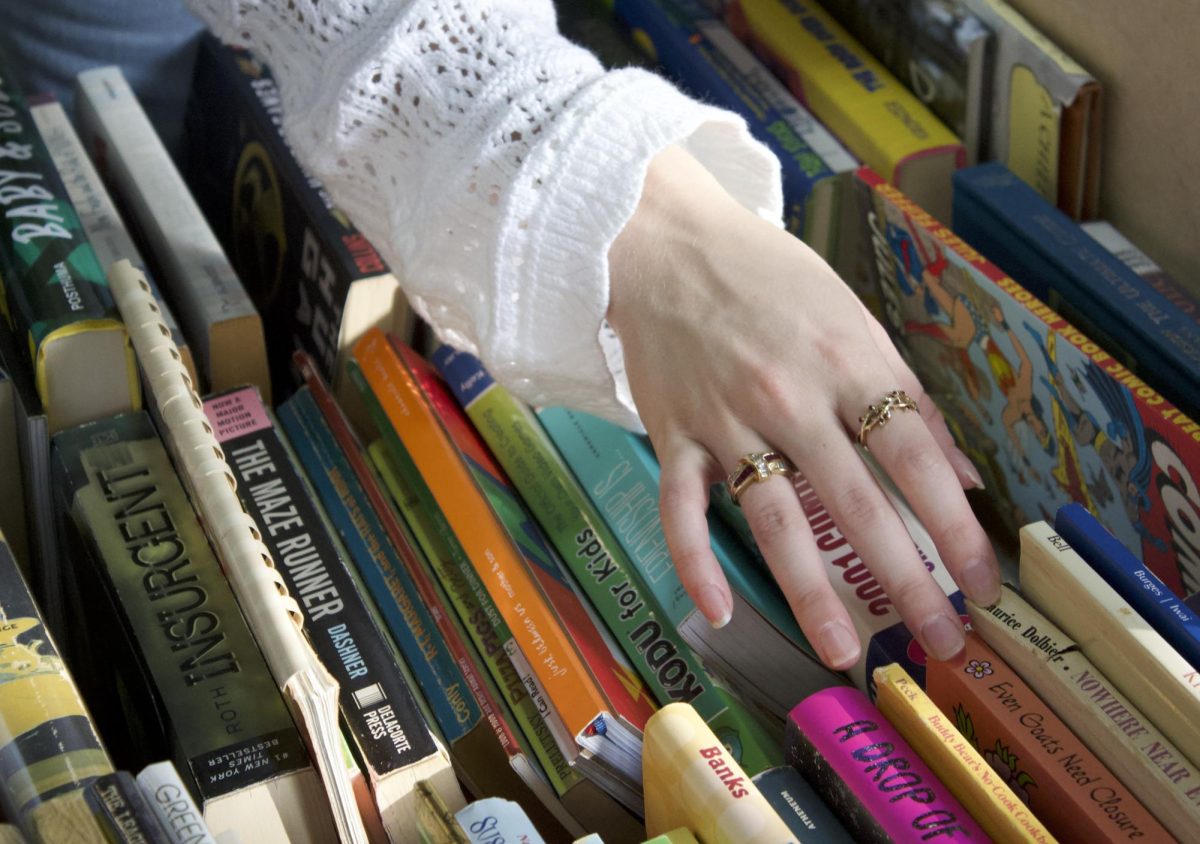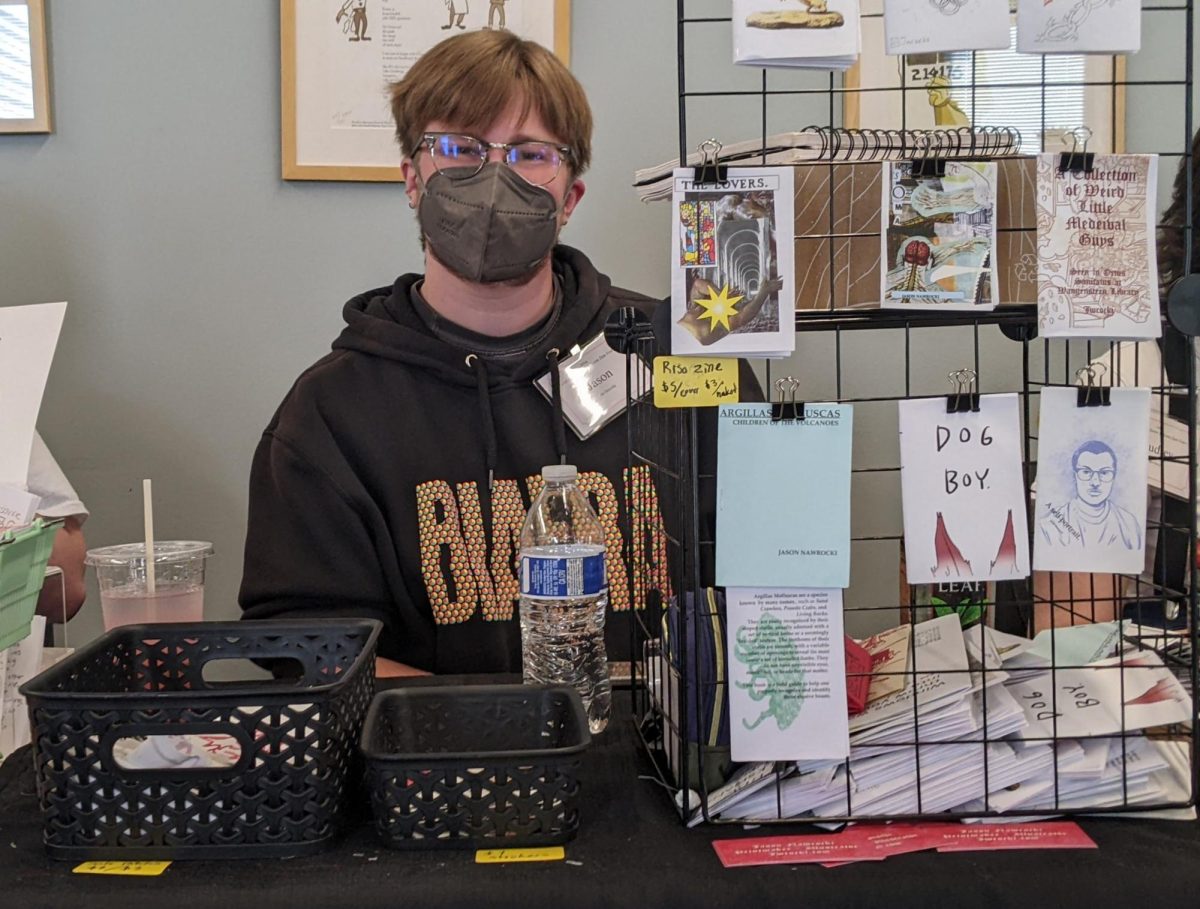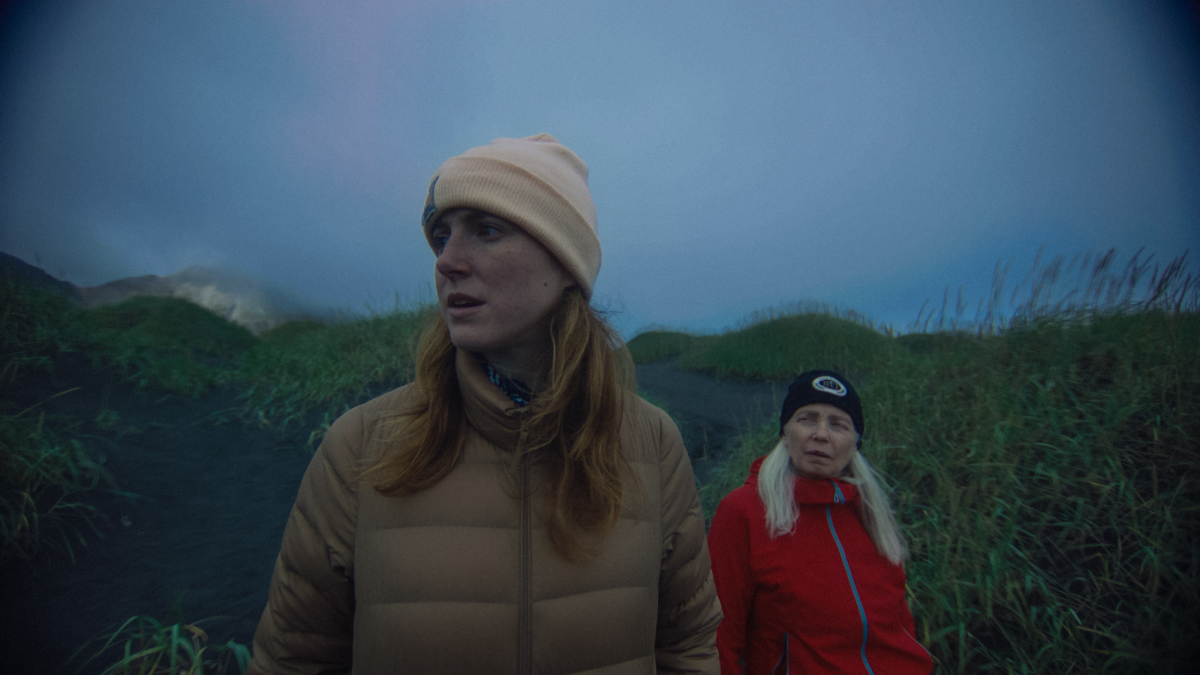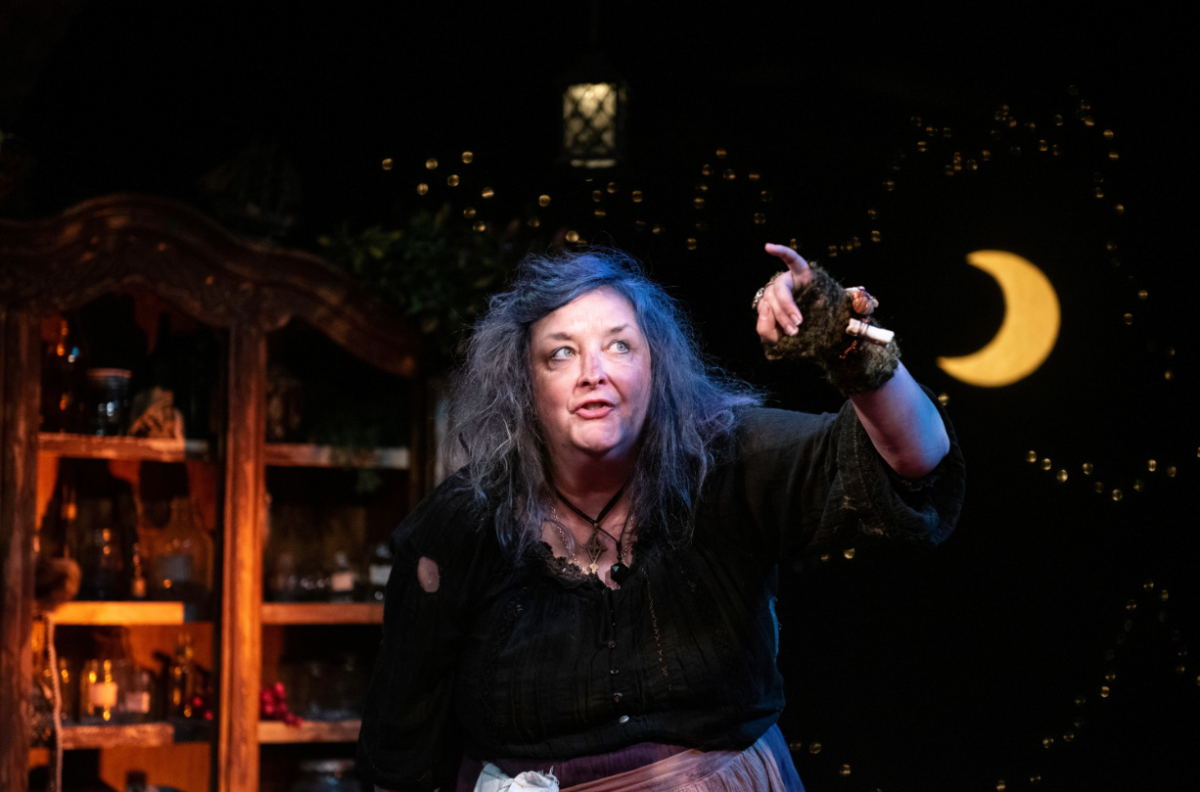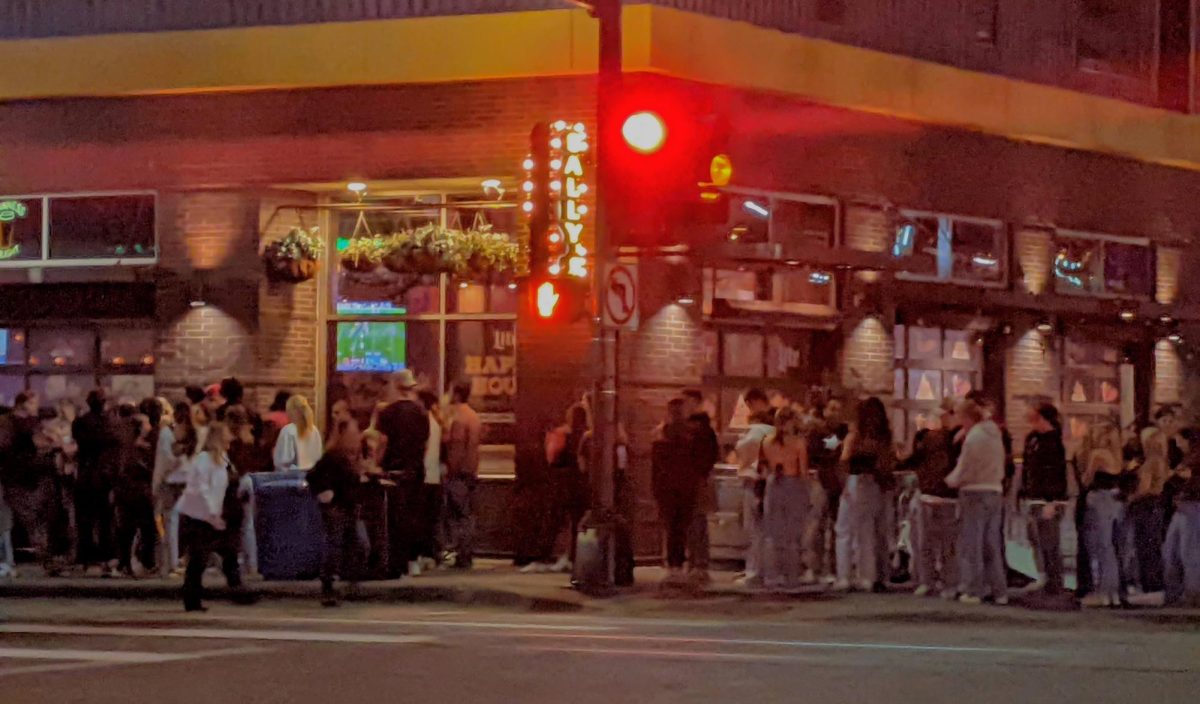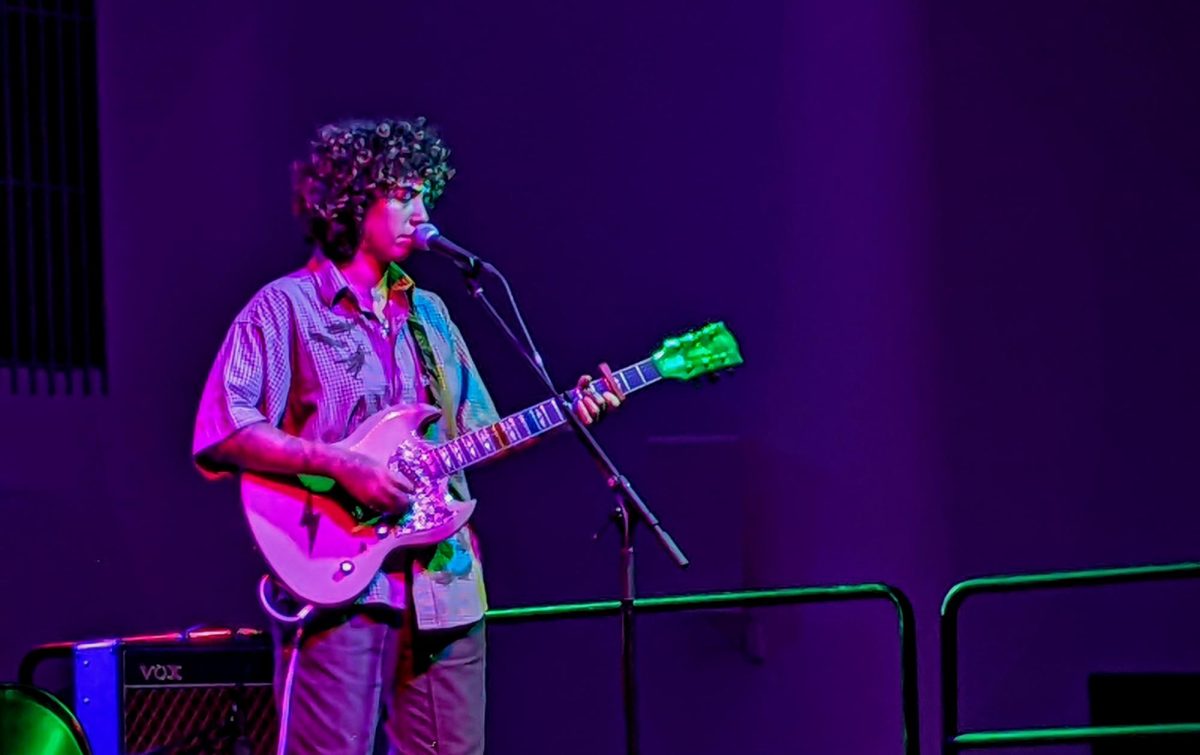Tetsuya Yamada, a ceramicist; Pao Houa Her, a photographer; and Kao Kalia Yang, a writer, can now call themselves Guggenheim Fellows.
The Guggenheim Fellowship is a highly distinguished, annually awarded grant for North American-based artists and scholars. This year’s fellows were announced on April 5.
“It is a great honor to count professors Yamada, Her, and Yang as members of the University of Minnesota community,” Rachel T.A. Croson, the University’s executive vice president and provost, said in a statement. “I am delighted to see their hard work and dedication recognized in this way.”
Tetsuya Yamada, honored in fine arts
Yamada was born in Japan and came to the United States in 1994 for graduate school. He completed his MFA at Alfred University in New York in 1997 and has worked as a professor of ceramics for the University since 2003.
Yamada’s extensive background in ceramics stretches back to his childhood when he played with clay in elementary school art classes. He said he began to seriously commit to ceramics as an undergraduate student at Tamagawa University in Tokyo.
Much of Yamada’s work examines the natural world, human nature and the connection between the two.
Yamada has applied for the Guggenheim Fellowship several times but said he applied again this year because he likes “the challenge of it.” He also understands the importance of ceramics specifically being recognized.
Near the beginning of Yamada’s career, he said the artform wasn’t taken as seriously. He would often notice negative comments from art-goers and many museums and galleries would not feature ceramicists.
“Ceramics had a hard time in canon of fine art because ceramic had been looked at as a craft medium,” Yamada said.
Now, Yamada thinks the mainstream art scene has become more accepting of the medium. His Guggenheim Fellowship is another step forward for ceramics being properly recognized in an industry where it was previously more difficult for it to gain traction.
“I always thought that somehow the challenge comes from that sort of, you know, my practice had been marginalized,” Yamada said. “I want us to prove them wrong somewhat.”
Pao Houa Her, honored in photography
Born in Laos, Her’s family fled to Thailand refugee camps before settling in Minnesota in the ‘80s. She had a “very typical Hmong upbringing” in St. Paul’s Frogtown neighborhood.
Her’s love for photography began in sixth grade when one of her teachers gave her a camera and film. Her’s teacher entered one of her pictures, a photo of Her’s great aunt who was living with her family at the time, into a photography contest because of how much he liked it.
“By him acknowledging that it was such a great photograph, I think really sparked my interest,” Her said.
Despite her love for photography, Her originally attended Inver Hills Community College for a paralegal degree. It wasn’t until she saw an exhibit called “Frogtown” by local photographer Wing Young Huie that she transferred to the Minneapolis College of Art and Design to pursue a Bachelor of Fine Arts.
While viewing the “Frogtown” exhibit, Her was shocked to find some of her own family members in some of the pictures.
“There was something about that body of work that I think encapsulates what I thought I wanted to say about photography, but didn’t know that could exist,” Her said.
Her’s work focuses on the lives and history of the Hmong community and the idea of desire. Whether it’s the desire to be seen, the desire to be desired or the desire to be recognized, Her considers the concept to be a “through line” in her work.
This was Her’s first time applying for the Guggenheim Fellowship and she said she hopes her work contributes to an understanding of Hmong people in the 21st century.
“I’m contributing to scholars and academics who are thinking about the Hmong community as its current state, as the past and as the future,” Her said.
Kao Kalia Yang, honored in general nonfiction
Born in a refugee camp in Thailand, Yang’s family came to the U.S. in the ‘80s and lived in east St. Paul.
Growing up, Yang was a selective mute in English. While she could speak Hmong very well, she said she couldn’t find her voice in English and her first novels were an effort to truly hear herself.
“On the page, I’ve always felt a waiting, like the world was waiting to hear what I had to say,” Yang said.
Yang originally attended Carleton College on a pre-med track, but she started writing as a senior in college after her grandmother died.
Her grandmother couldn’t read or write and her greatest fear was being forgotten. To keep her memory alive, Yang started writing a “final love letter to her,” which later turned into “The Latehomecomer: A Hmong Family Memoir.”
“The Latehomecomer” was the first literary work by a Hmong writer to be nationally distributed. With her debut, Yang already knew she was pushing the memoir genre by telling the story of someone who wasn’t “the stuff of memory traditionally.”
More recently, her second book, “The Song Poet,” was adapted into an opera that premiered in March. It is the first story written by a Hmong author to be adapted into an opera and the first Minnesota Opera-commissioned work to sell out six months before opening night.
This is the third time Yang has applied for the Guggenheim Fellowship. With this honor, she hopes she can continue to do the work of building a world where people have a deeper understanding of each other.
“When the life and times of Kao Kalia Yang are done, I want it known that I lived in a world full of love, full of light,” Yang said.


